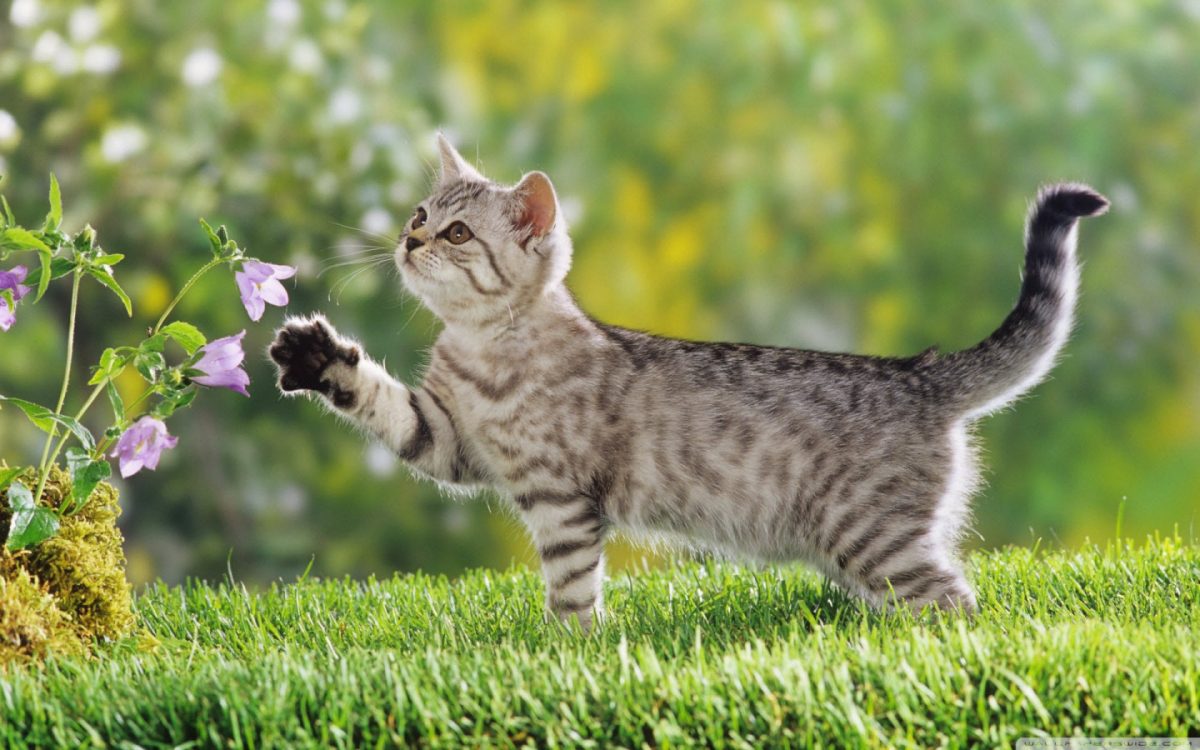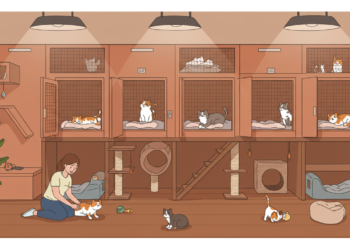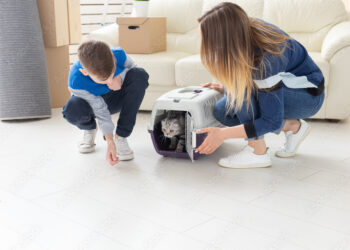We accept more forms of aggression from our house cat than we may realize. For example, we let him hunt mice and chase other cats out of the garden. We think it’s cute when a kitten bites your hand while playing. A cat may also react aggressively because it has not been properly socialized if it is in pain or if it feels threatened.
A cat that grabs you while petting is one of the most common forms of cat aggression. Then suddenly it’s not so nice and cute anymore. Fortunately, there is usually something that can be done about this behavior.
Reading suggestions; 200+ Unique Female Cat Names for Your Cute Companion
Aggressive behavior
An animal can show different forms of aggression, as can a cat. For example, a cat will chase another cat out of its own territory. He wants to hunt mice, birds, and insects. In general, a cat will not attack humans and injuries to a human from a cat are not that common.
Many cat owners who bring a kitten into their home find it cute when a kitten bites and scratches while playing. Still, this needs to be addressed as it won’t be as cute and adorable once the cat is an adult. The most common form of cat aggression is grabbing your arm when you pet it.
Why the cat grabs your hand
This nasty habit unfortunately occurs in many cats. You stroke him nicely, he seems to like it and suddenly he grabs your hand. It grabs your hand with its jaws and wraps its front paws around your hand. He kicks against your arm with his hind legs and that can be painful because of his nails. Many cats only do this when they are stroked on the stomach, but there are also cats that do it when you stroke them on the back.
Being petted is not a natural behavior for a cat. When he sits on your lap and allows himself to be petted, he feels relaxed. Sometimes the cat can suddenly experience the stroking hand as threatening and he feels uncomfortable. As a result, he then grabs you.
Socialization
It is very important for a kitten to get used to people. He must learn to relax with a human as much as with his mother. In the first eight weeks of life, they must have had physical attention from a human to feel comfortable. If this does not happen (sufficiently) during this period, they will not feel relaxed when they are touched.
They don’t accept sitting on your lap and being petted and grab your hand out of frustration. He may like it when he sits on your lap but will see the hand that touches him as a threat. Some cats also naturally react more fiercely and there are also cats that become less fierce as they get older.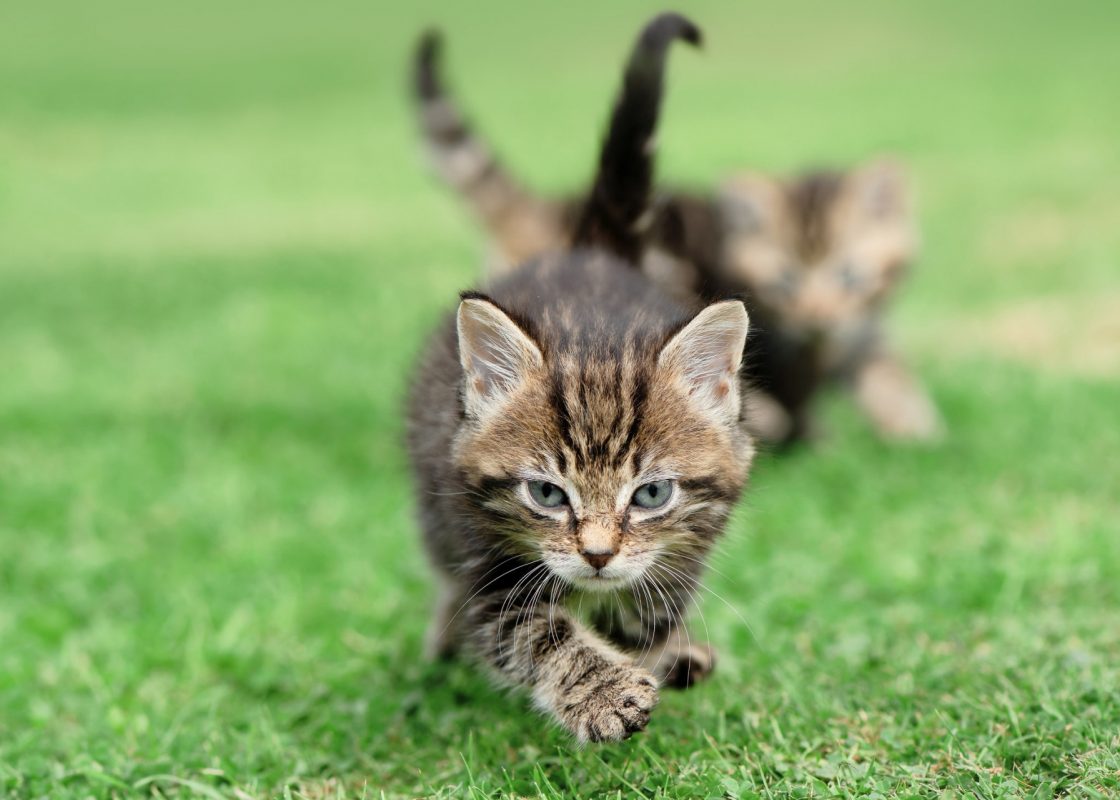
Causes of aggressive behavior
If a cat is in pain or not feeling well, it may react aggressively. This could be a reason that he suddenly lashes out when he normally doesn’t. If this is the case, you need to go to the vet to find out exactly what’s going on. It is very annoying for the housemates if the cat bites off, even if there is a visitor on the couch who is grabbed. The most common causes of aggressive behavior are listed below:
Play
From an early age, the cat learns from its mother that biting is a normal activity while playing. They also need to learn not to bite too hard. If they are taken away from the mother too soon, they will not learn this, resulting in the owner biting. If a kitten does this, you will also need to unlearn it as soon as possible, as the biting and scratching once the kitten is an adult can be very painful.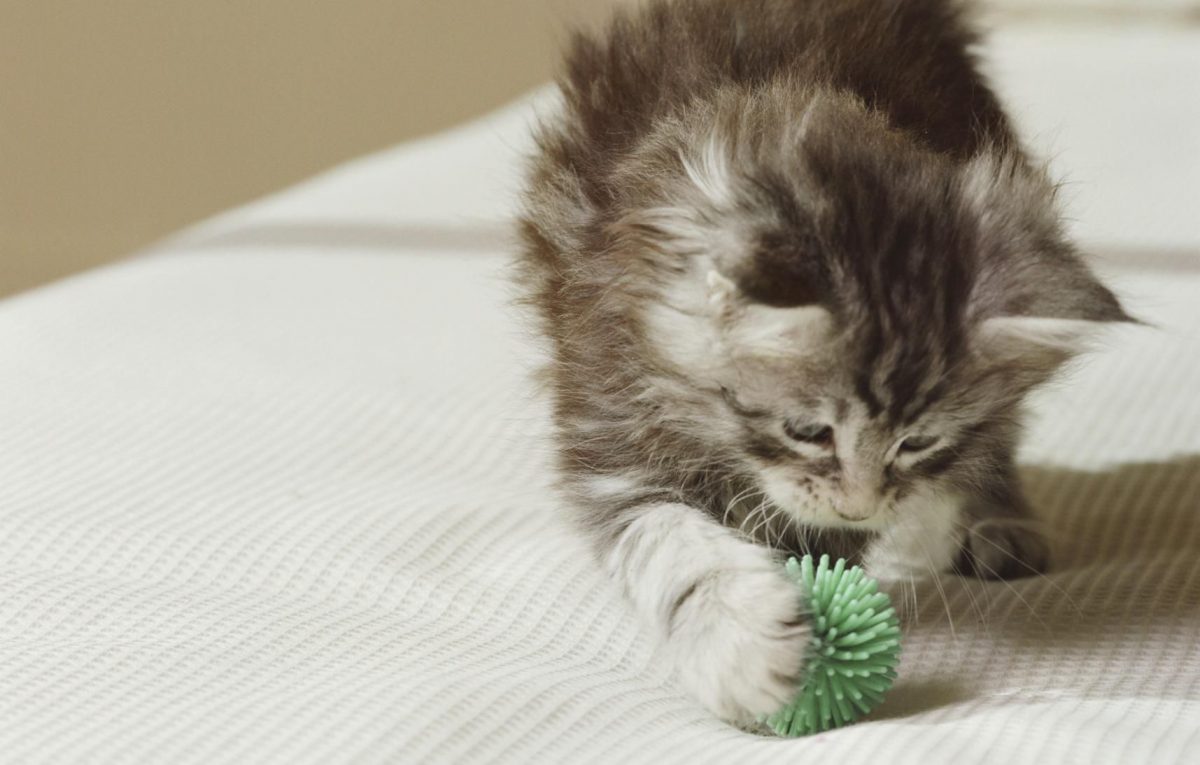
Fear
If a cat is anxious, he may also bite off. He will not only bite but also lash out with his claws. Make sure you recognize the signs when a cat is anxious. If he has his ears back and his eyes wide, be careful.
Reading suggestions: Boy Cat Names; Find the Perfect Male Kitten Name
Pain
If a cat is injured or unwell, it will protect itself by biting off. If you come near, he will warn you by blowing. If you do want to pick up the cat because you might want to go to the vet, be very careful when picking it up. If necessary, wrap a large towel around him to protect your arms.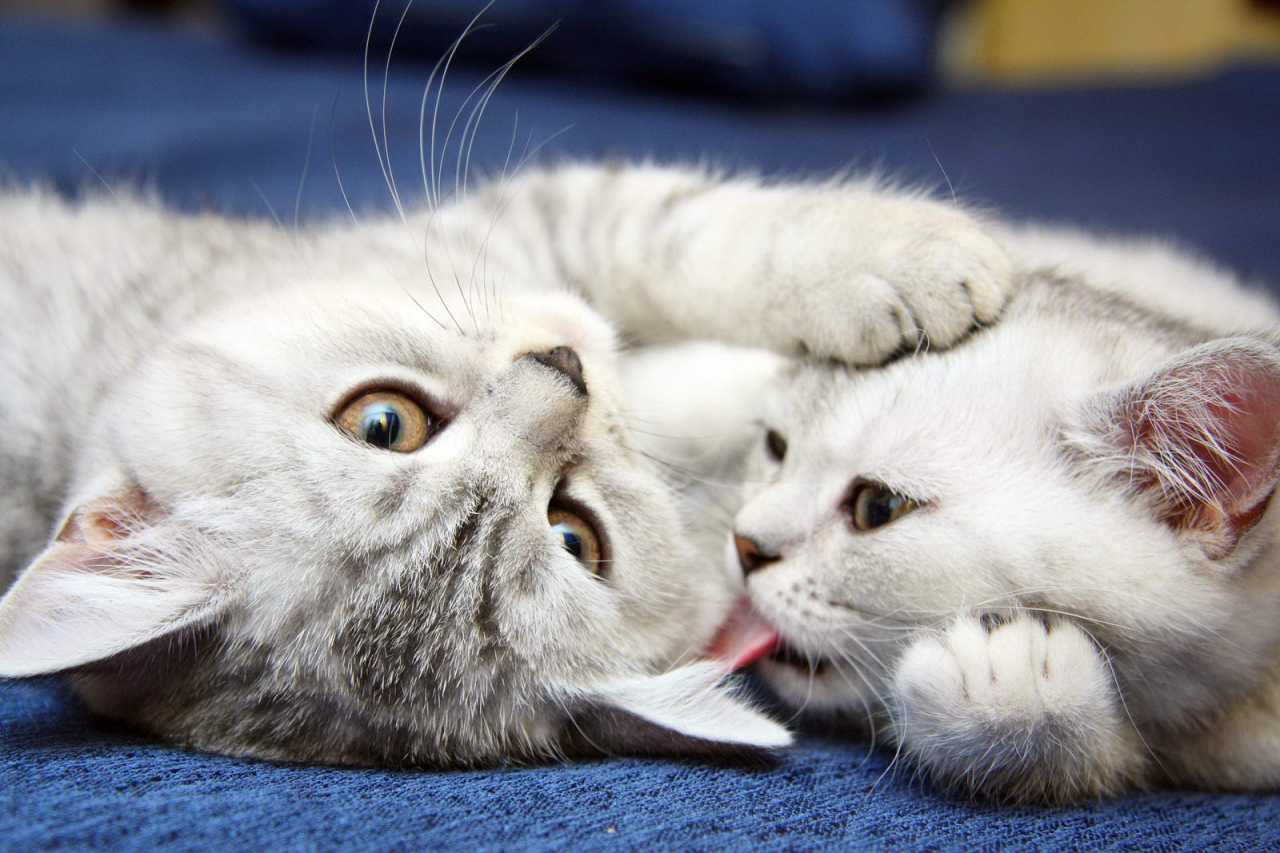
Boredom
If a cat is home alone all day and can’t play, it will get bored. When you come home after a long day at work, the cat will be buzzing with energy. As you walk by, he may try to grab or bite your ankle. To prevent this, you can play with him or bring in a second cat. Sometimes buying or making toys is enough for the cat to entertain itself.
How to tackle?
Whatever the cause of the aggression, it is important to do something about it. Being consistent is important here. This means that everyone in the family must be equally consistent. If the cat is not allowed to walk on the table, one person should not approve and the other should not. Punishment is not always well understood by a cat. Try to emphasize rewarding good behavior.
Sit quietly and keep the moments of attention short. Stop the moment before the cat reacts and try not to provoke a reaction. You can then slowly extend these moments.
If your cat is holding you, pulling your hand back may be more painful. Maybe he’ll grab your hand one more time. You can also keep your hand limp and continue ignoring the cat. But if this is too painful, you can also give a yell, just as a cat would react when injured. Then ignore the cat for a moment. You can reward good behavior with a cat treat.
Reading suggestions; Cat Behavior: Aggressive Cat, How To Deal With It?
Education
Teach a kitten right from the start that your hands are not for playing with, but for petting. If you let a kitten play with your hands, he’ll learn that it’s okay to bite and scratch. If that is no longer allowed later, it is confusing for the cat. This also applies to cases where he is allowed to do this with one person and not with another.
If you have a kitten that reacts fiercely with play, put it aside and ignore it if it gets too rough. Do not punish the kitten and try playing again a little later. This way the kitten learns to let off steam in a good way.
Why an indoor cat can be more aggressive behavior
A cat that lives inside will see birds and other cats outside. This can cause him to suffer from pent-up energy, which makes him frustrated. If the owner happens to be nearby, he will grab it. The owner does not always understand why the cat is doing this and may think that he is being attacked just like that.
It is especially common in an indoor cat that is kept alone. There may be an unsatisfactory hunting instinct. One solution is to play extra with him and provide enough toys when he is alone at home.


